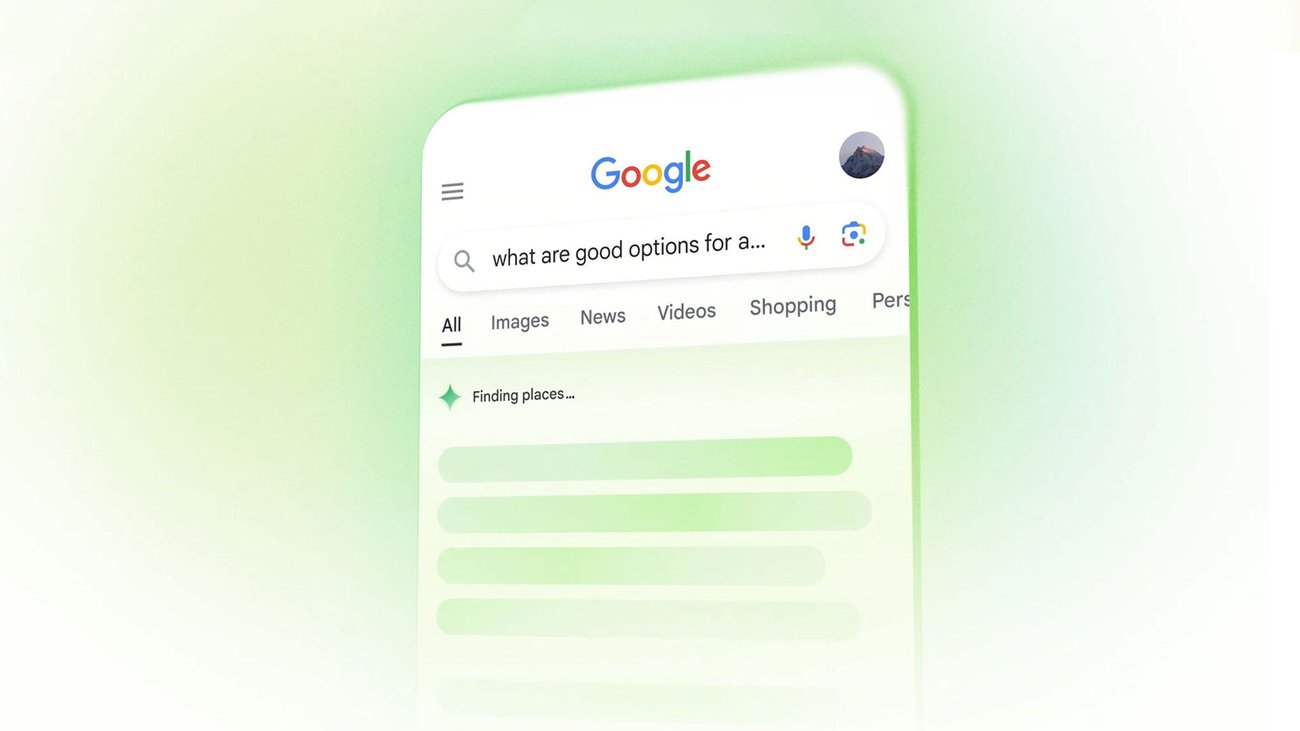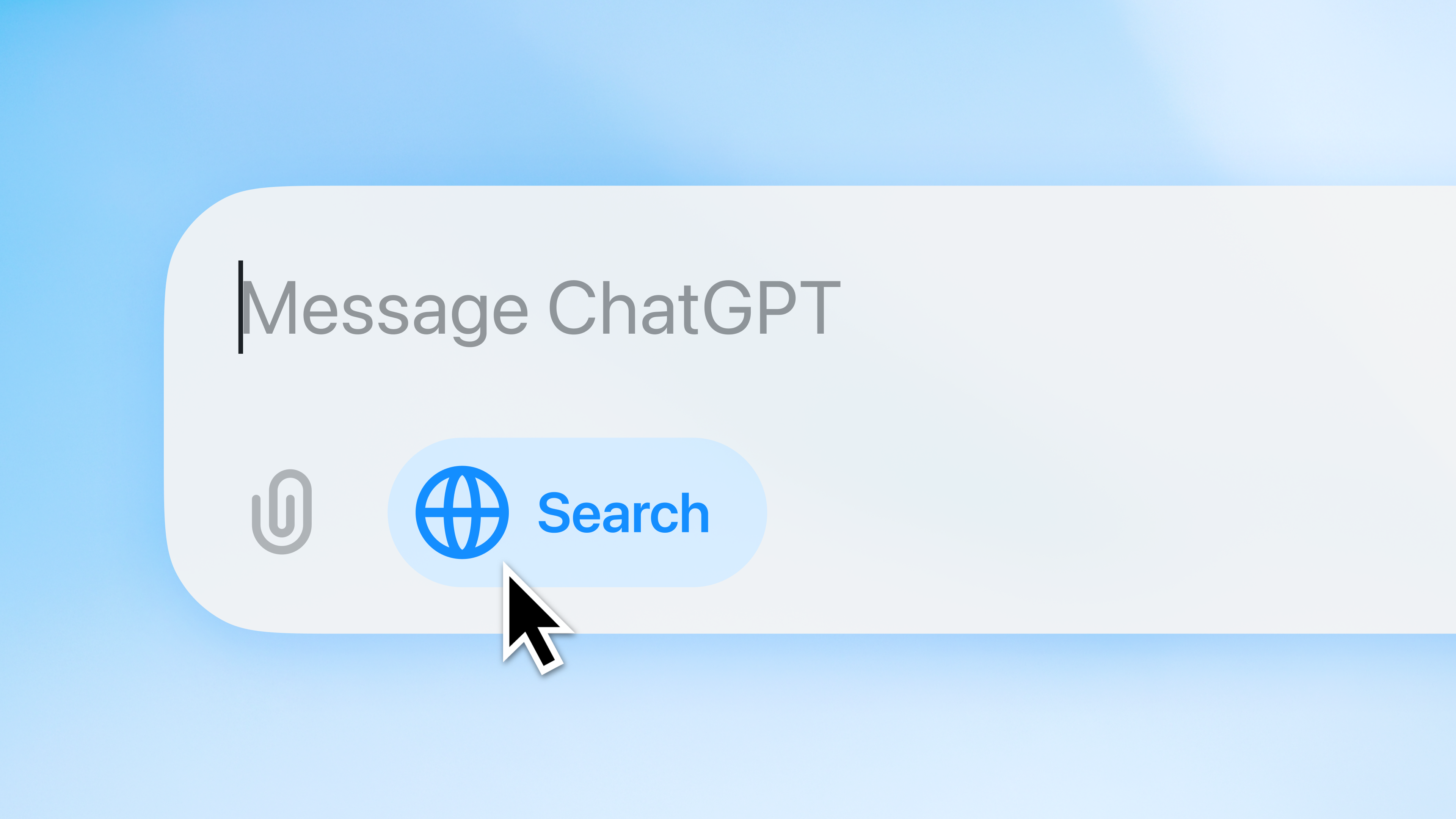There’s a quiet shift happening in SEO, and the brands paying attention are already reaping the rewards. It’s not about outranking competitors on Google’s blue links anymore, but showing up in AI-generated answers: the kind that voice assistants, smart summaries, and generative search tools like Google’s AI Overviews, ChatGPT, and Perplexity now deliver.
And here’s the truth: many enterprise brands are already winning visibility in these AI responses, before their competitors have even realized this is happening.

The Rise of AI-Generated Results (and Why They Matter)
AI search is no longer a side experiment, it’s becoming a core part of how people discover brands online.
- Google’s AI Overviews are live in multiple markets
- ChatGPT with web access is summarizing websites and citing sources
- Perplexity and Bing Copilot are offering fast, reference-backed answers
Instead of showing a list of links, these platforms answer questions directly and cite trusted content as their source. That means your brand could be the answer, or completely absent. And unlike traditional SEO, this is about structured clarity, authority signals, and timing, not just
backlinks and word count.

source: https://blog.google/products/search/generative-ai-google-search-may-2024/
What Sets Early Winners Apart
We’ve studied how AI search engines pull and prioritize content. The brands that are consistently mentioned share these characteristics:
Clear, scannable structure
They write for machines and humans: punchy intros, strong subheadings, and FAQ sections. Their location pages and blog content are easy for AI to understand and cite.
High-trust signals
They display author names, business credentials, customer reviews, structured data, and relevant external links. These signals tell AI their content is authoritative and verifiable.
Verified local presence
AI tools increasingly use local sources. Brands with verified, up-to-date listings across platforms like Google, Facebook, Bing, Apple Maps, and Overture Maps (an open mapping consortium backed by Amazon, Microsoft, and Meta) have a much better chance of being pulled in.
Early momentum
They’ve already been optimizing for AI visibility, so they’re the ones getting referenced first. Many competitors haven’t even started.
How to Capture AI Traffic Before It’s Crowded: 4 AI SEO Hacks
You don’t need to overhaul your entire content strategy. You just need to start optimizing for AI visibility now:
1. Test how AI tools describe your brand
Ask ChatGPT, Perplexity, or Google’s AI Overviews questions like:
“What’s the best pizza place in [city]?”
“Which beauty chains are open late?”
“What’s a trusted dentist in [region]?”
See if your brand shows up and how.
 source: https://openai.com/index/introducing-chatgpt-search/
source: https://openai.com/index/introducing-chatgpt-search/
2. Structure your content for answerability
Rework key location pages and blog articles with:
- Brief intros that answer the question directly
- Headers that match natural language queries
- Lists, FAQs, and facts that AI tools can parse
3. Strengthen your trust layer
- Include named authors and updated metadata
- Internal links between location pages and services
- Consistent listings and categories across directories
4. Monitor signs of AI-driven traffic
Set up GA4 reports to track referrals from new sources (like Perplexity.ai or ChatGPT plugins), and watch for lifts in branded searches or direct traffic.
Local marketing made easy. Sign-up to our Monthly Newsletter below.
How PinMeTo Helps Brands Become AI-Ready
PinMeTo helps multi-location brands gain visibility in AI-powered search by making their location data, content, and customer interactions structured, trusted, and easy for AI to understand.
Platforms like Google’s AI Overviews, ChatGPT, Bing Copilot, and Perplexity prioritize clear, verified, and locally relevant sources. PinMeTo gives your brand the infrastructure to become that source across every location. Here’s how:
Listings: Structured Data Across Key Platforms
We sync accurate business info: names, categories, hours, URLs to the platforms that power AI results: Google, Apple, Bing, Meta, and more.
→ Consistent, verified listings increase your authority in the eyes of AI.
Local Landing Pages: Linking Trust to Content
We ensure each location listing links to the correct local page on your website.
→ When those pages include matching info and reviews, AI tools are more likely to crawl and cite them in local or zero-click results.
Conversations: Managing the Dialogue AI Reads
Our AI-powered tools like auto-reply flows and response generation help you respond fast and consistently to public messages across Google and social media.
→ These interactions often get scanned and summarized by AI, shaping how your brand is perceived.
Reviews: Real-Time Trust Signals
We centralize reviews and support AI-driven features like spam detection, sentiment analysis, and auto-translation.
→ Fresh, authentic reviews help build credibility, both for users and AI.
Insights: Spotting AI-Driven Trends
Our dashboards highlight performance spikes, anomalies, and sentiment shifts across locations.
→ Even when AI traffic isn’t labeled, these patterns help you detect its influence.
To Sum Up
AI-generated answers are here, but most brands aren’t tracking them, yet. This is your window to lead, not follow. If your local pages, listings, and reviews are structured right today, you’ll be the one AI search engines trust tomorrow.
FAQ: Winning in AI Search with AI SEO Hacks
How is AI search different from traditional SEO?
AI search tools like Google’s AI Overviews and ChatGPT generate direct answers by summarizing content from trusted sources, not just ranking links. That means visibility depends more on structure, credibility, and consistency than on keywords or backlinks alone.
What makes a brand show up in AI-generated results?
AI platforms prioritize content that is:
- Clear and easy to parse (think headers, bullet points, FAQs)
- Verified and trustworthy (author names, structured data, accurate listings)
- Locally relevant (store pages, reviews, and location-specific content)
Do local listings impact AI search visibility?
Yes. Accurate and consistent listings across platforms like Google, Apple Maps, Bing, and Facebook help AI tools confirm your legitimacy and relevance — especially for “near me” or location-based queries.
What kind of content helps brands get cited in AI answers?
Content that directly answers questions performs best. Use concise intros, natural-language headers, FAQs, and structured formats. Local landing pages with matching business info, reviews, and services are particularly AI-friendly.
Can I track if AI tools are driving traffic to my site?
While traffic from AI tools like ChatGPT or Perplexity isn’t always labeled clearly, you can use GA4 to monitor direct traffic, branded searches, and source trends. PinMeTo’s Insights platform helps identify unusual visibility patterns that may signal AI influence.
How do I get started with AI search optimization?
- Begin by verifying and syncing your listings across major platforms
- Linking each listing to a well-structured local landing page
- Enhancing content with answerable formats
- Managing reviews and public responses consistently. Platforms like PinMeTo make this scalable for enterprise brands.
Looking for ways to level up your local visibility?
Give us an overview of your business below and our experts will schedule a live demo with you.
Lily Adamyan, August 7



